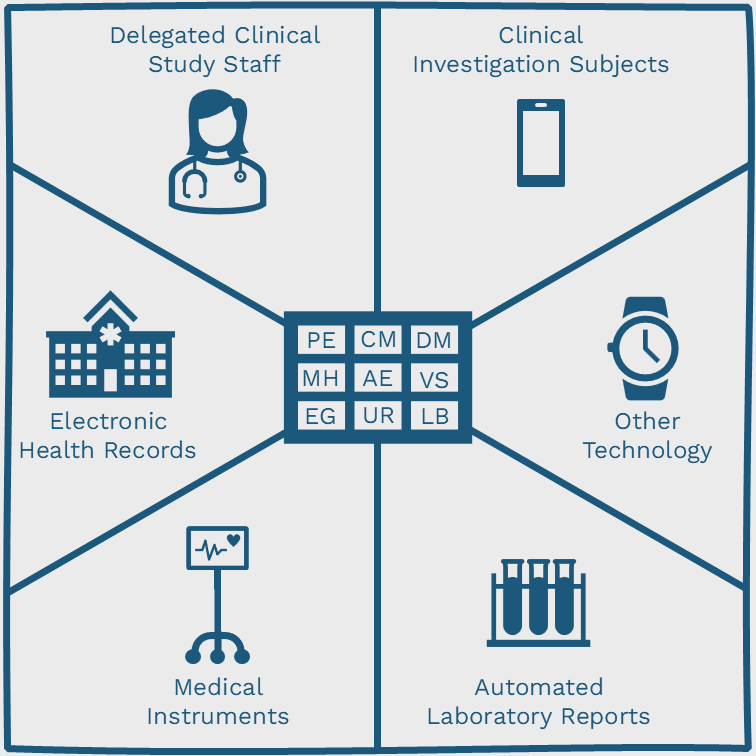Types of Project Management Software
Managing projects is a vital part of many businesses. Investing time in planning, organising, tracking, and collaborating on projects is time well spent; and if you use software you have the re-assurance of a centralised system accessible by multiple colleagues so there is one source of truth.
The main types of project management software include the ability to handle:
- Traditional methodologies like Waterfall
- Agile methodologies like Scrum or Kanban
- Team communication and collaboration
- Resource allocation, scheduling, and workload management
- Combined features from multiple types of software
- Customisations by a community of open-source developers
Traditional Project Management
Methodologies like Waterfall require tools that are based on traditional project management. This type of software often features Gantt charts, task lists, dependencies, and milestones. Examples include Microsoft Project, Primavera P6, and OmniPlan. Projects with well-defined scopes and linear workflows are ideally suited to this type of software.
Agile Project Management
Scrum and Kanban are Agile methodologies that focus on iterative development, adaptability, and collaboration. Within this type of software you can expect features that include sprint planning, user stories, burndown charts, and backlog management. Examples include Jira, Trello, and Monday. If you have projects with with changing requirements or continuous delivery needs then this type of software is a good choice.
Collaboration and Communication
If you need to prioritise communication and collaboration among team members then you will need to look for features such as chat, file sharing, video conferencing, and real-time collaboration on documents. Examples include Slack, Microsoft Teams, and Asana. This type of software is essential for distributed teams or projects that require regular communication to maintain momentum.
Resource and Workload Management
Managing resource allocation, scheduling tasks, and co-ordinating workload can be a daunting activity so having software to assist with keeping the project on track is essential to ensuring the project is profitable to the business. Software should allow tracking of team availability, their skills, and how much workload they have to ensure resource utilisation is optimised. Examples include Float, Resource Guru, and Mavenlink. Using software like this is great for projects with resource constraints or complex team structures.
Combined Features in Integrated Suites
There is a growing demand for project management software to include multiple features from the above headings so comprehensive platforms are emerging that combine features and provide a unified solution for planning, tracking, collaboration, and reporting. Examples include Workfront, Wrike, and ProjectManager. If your organisation needs a centralised project management solution then this type of software is for you.
Open Source Customisations
If you require software that can be customised or you don’t mind it changing regularly then community-developed software, often referred to as open source could be the right choice for you. This type of approach offers flexibility to integrate with other tools and enables key components to be modified. Examples include OpenProject, Redmine, and Taiga. Using this type of software might require regular maintenance but is ideal for companies with specific requirements or limited budgets.
Security Access and Permissions
Implementing robust access controls is essential to the integrity, confidentiality, and availability of data within an organisation’s digital environment. It is important to carefully consider security access and permissions because they play a critical role in safeguarding data, preventing unauthorised access, ensuring compliance with regulations, maintaining data integrity, adhering to the principle of least privilege (only granting users permissions necessary to perform their job functions), and supporting auditing and accountability efforts.
Summary
Whatever method you use to manage projects I highly recommend using software that is centrally managed so users can all access a single source of information. When choosing project management software, consider factors like the project’s methodology, team size, collaboration needs, budget, and integration capabilities with existing tools. It’s also crucial to involve key stakeholders in the selection process to ensure the chosen tool aligns with the organisation’s goals and workflows.
If you’re interested in learning more why don’t you head on over to our project management software page.






